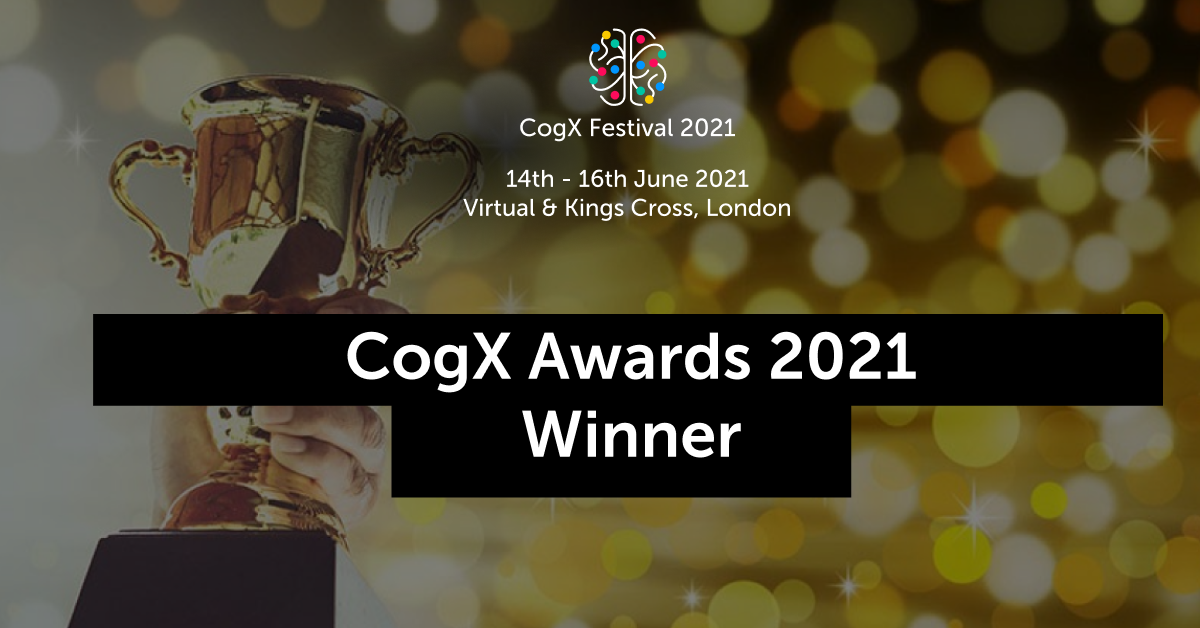We at HURIDOCS are thrilled to share the news that we’ve been named the winner of the Peace and Justice Strong Institutions Award at the 2021 edition of CogX, a UK-based festival of AI and emerging technology.
The award “wishes to highlight a company that champions human rights by directing its AI services towards the protection of these fundamental liberties.” Since 2016, our team at HURIDOCS has been actively exploring how machine learning can improve access to public bodies of human rights information.
Machine learning refers to computer algorithms that can learn from patterns found within a set of data, and then apply those same patterns to make sense of new data. In the realm of human rights, a set of data can mean a database of thousands upon thousands of research papers, policy documents, court rulings, case files and more, all of which normally must be manually gathered, uploaded and classified.
But with machine learning, we can automate some of these tasks. This doesn’t just alleviate the burden on overstretched human rights defenders. It also ensures that these collections are more consistent and up-to-date, which ultimately gives an advantage to the activists, lawyers, policymakers and researchers who use the information contained within to advocate change.
Our work with machine learning has made leaps and bounds in the last couple of years, thanks to support from the Google AI Impact Challenge and the Google.org Fellowship. For some of our partners who manage libraries of human rights law and policy within Uwazi—our open-source application for building databases of human rights information—we’ve successfully implemented several smart features. Among other things, these features can automatically fetch information from an online source, extract the basic elements of a document, and make highly accurate suggestions for how to categorise it.
And it’s not just in Uwazi. Working with the Office of the United Nations High Commissioner for Human Rights (OHCHR), we’ve been able to integrate specially trained algorithms into the backend of their Universal Human Rights Index that suggest ways to categorise information by theme, concerned persons and Sustainable Development Goal.
We’re humbled that this focus of ours has received recognition from the CogX Awards. We’d like to thank the award jury for choosing us for this honour, as well as our former machine learning intern Mackenzie Jorgensen for nominating us. Furthermore, we’d like to extend our gratitude to all of our human rights partners whose trust and input have been crucial to these machine learning advancements—without you, this work wouldn’t be possible.
